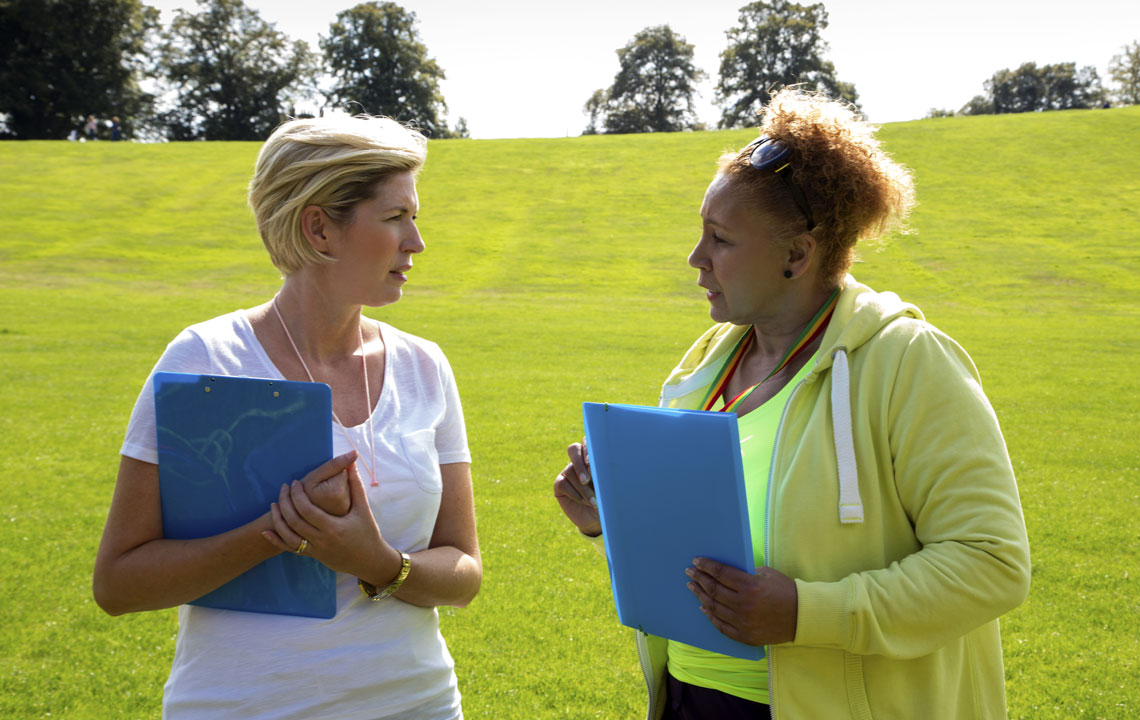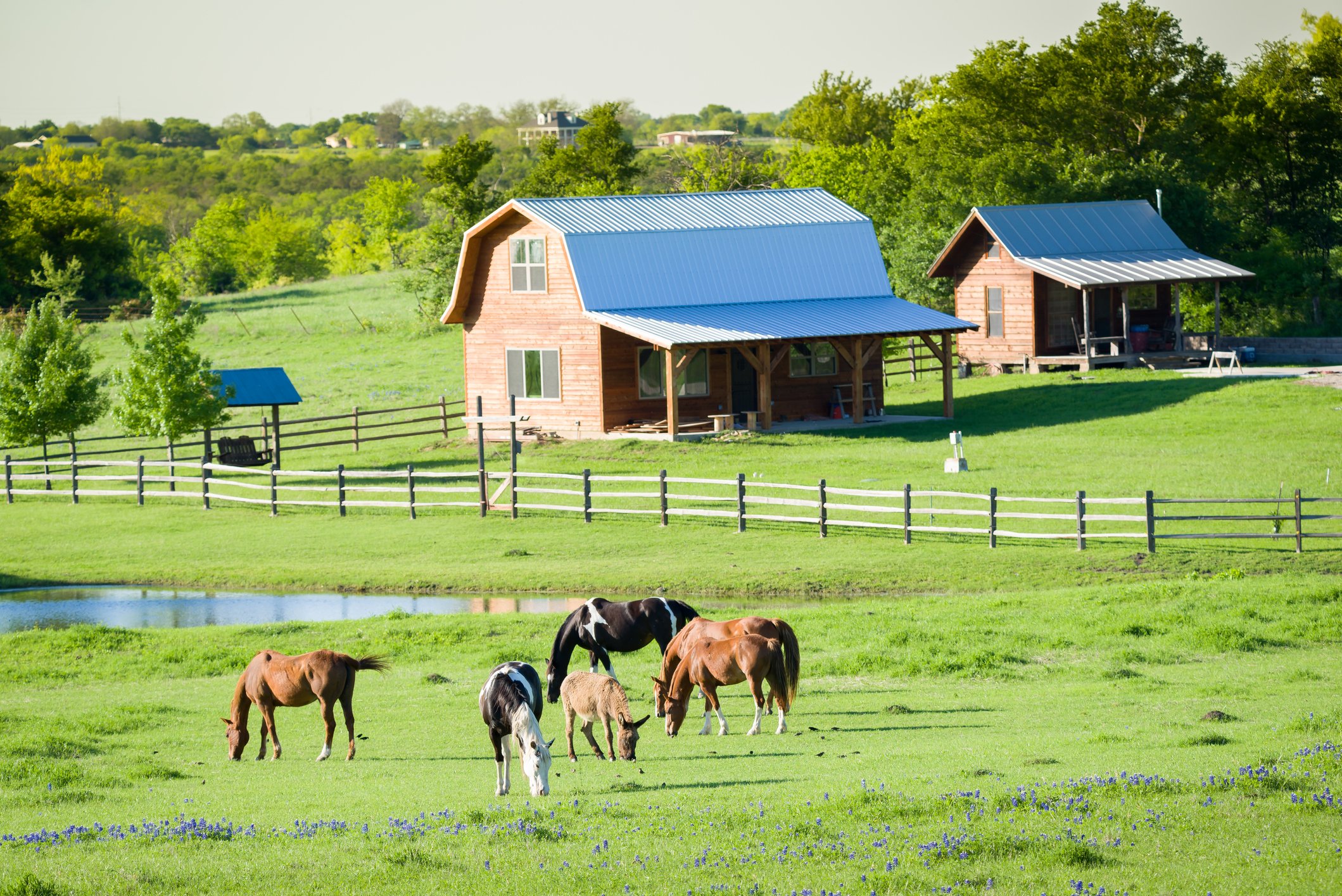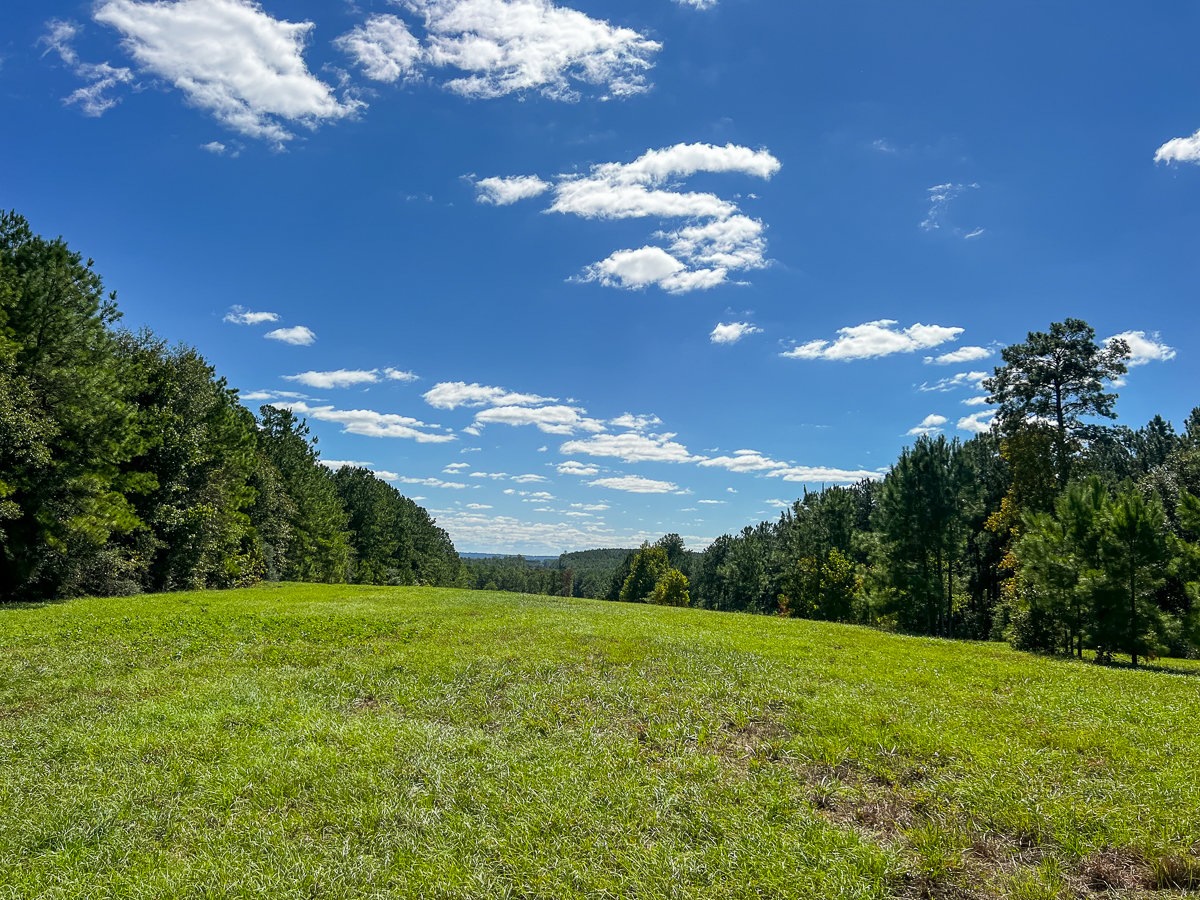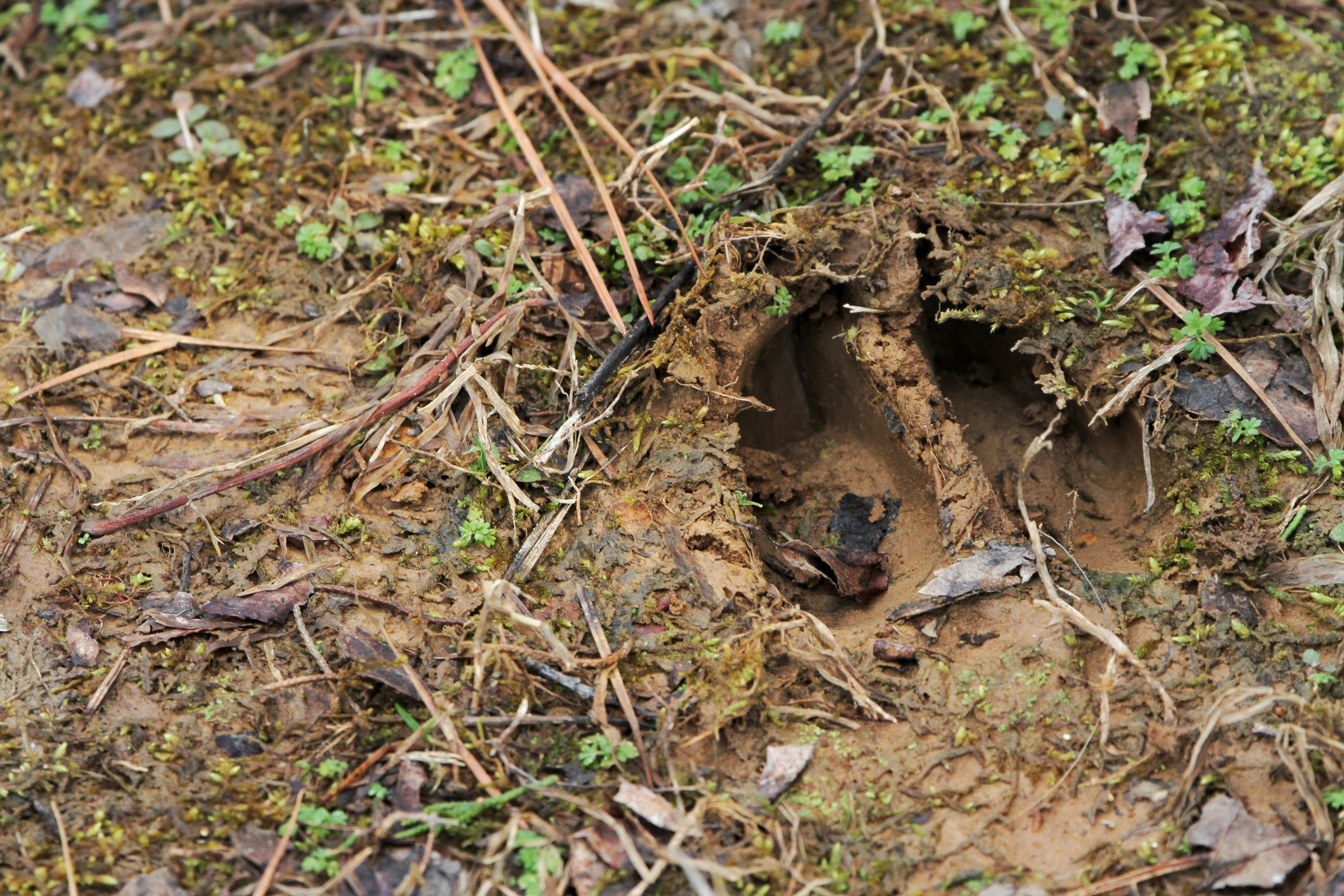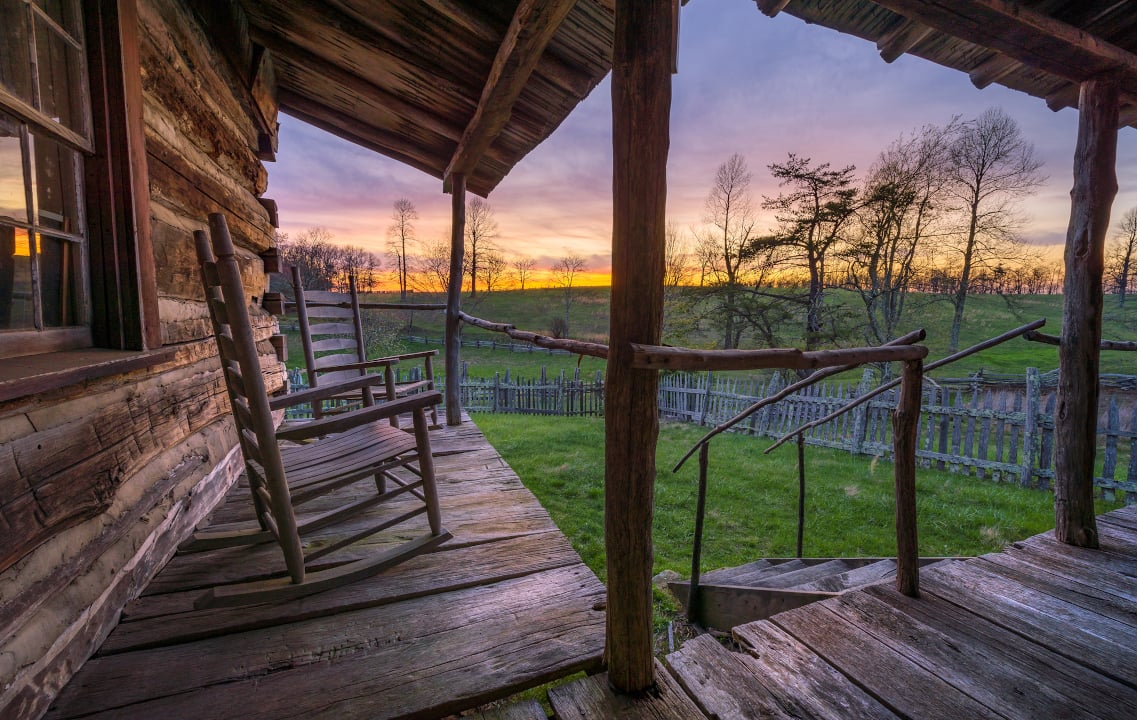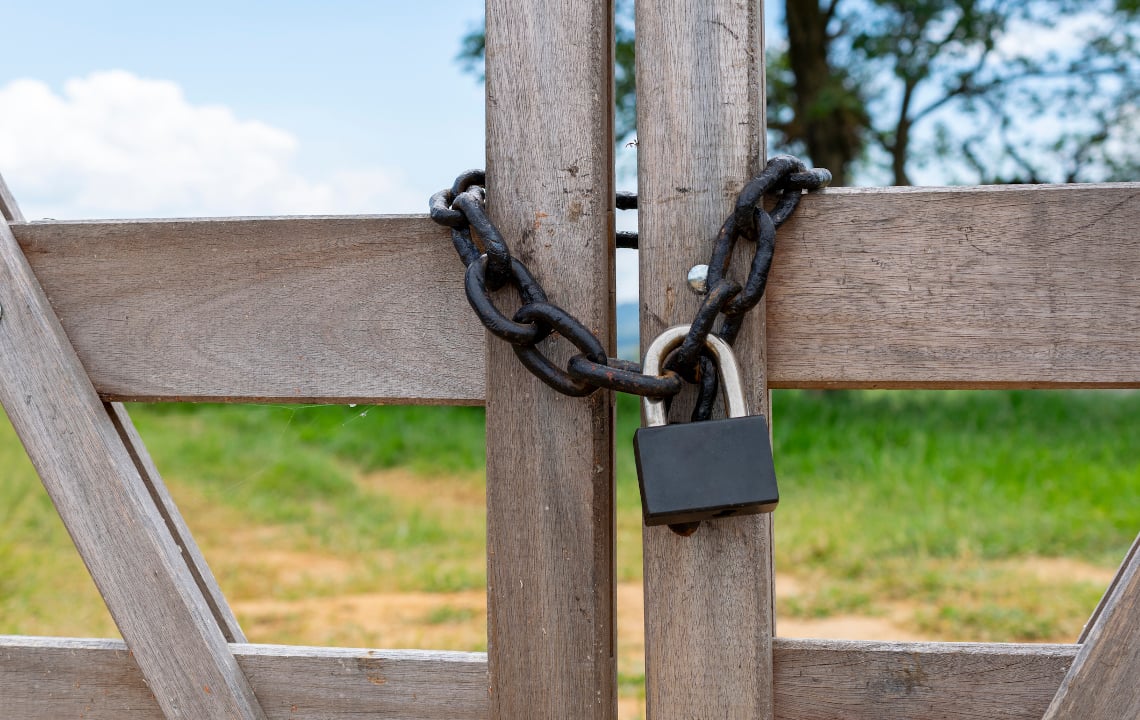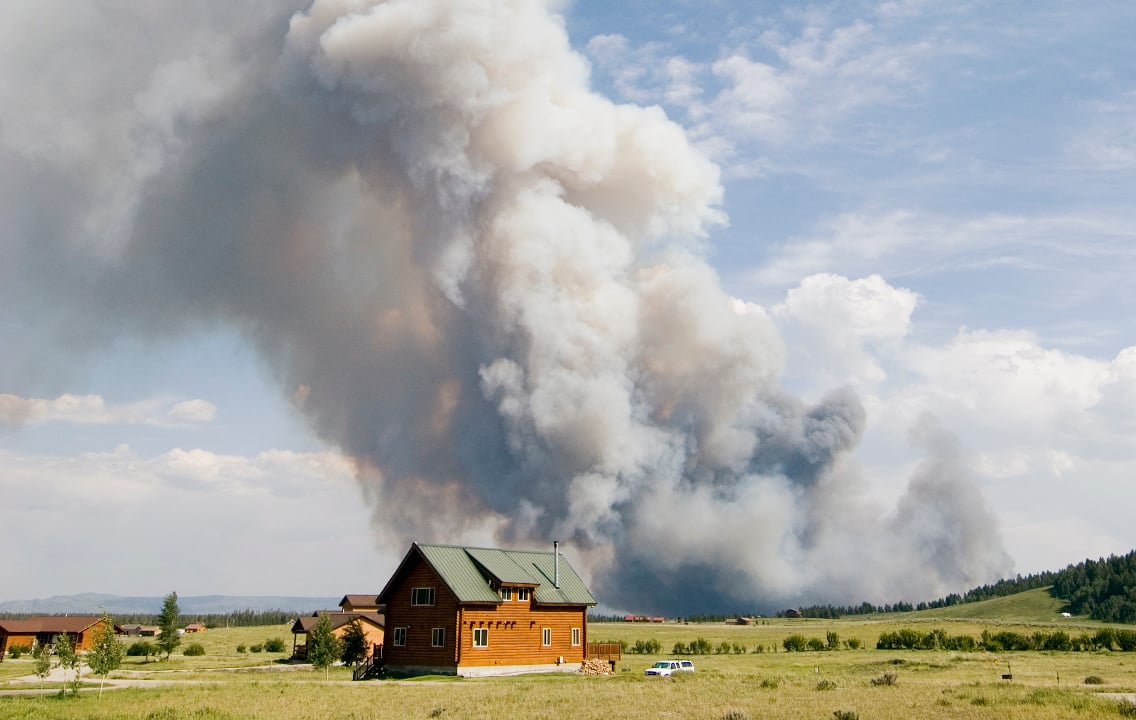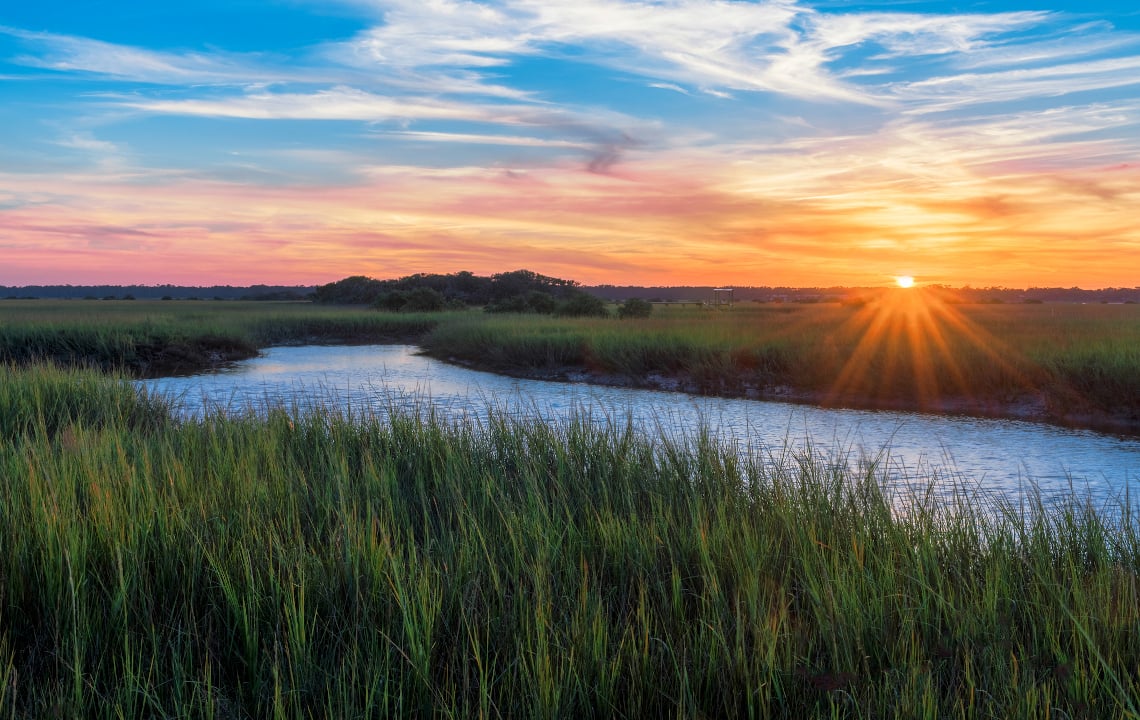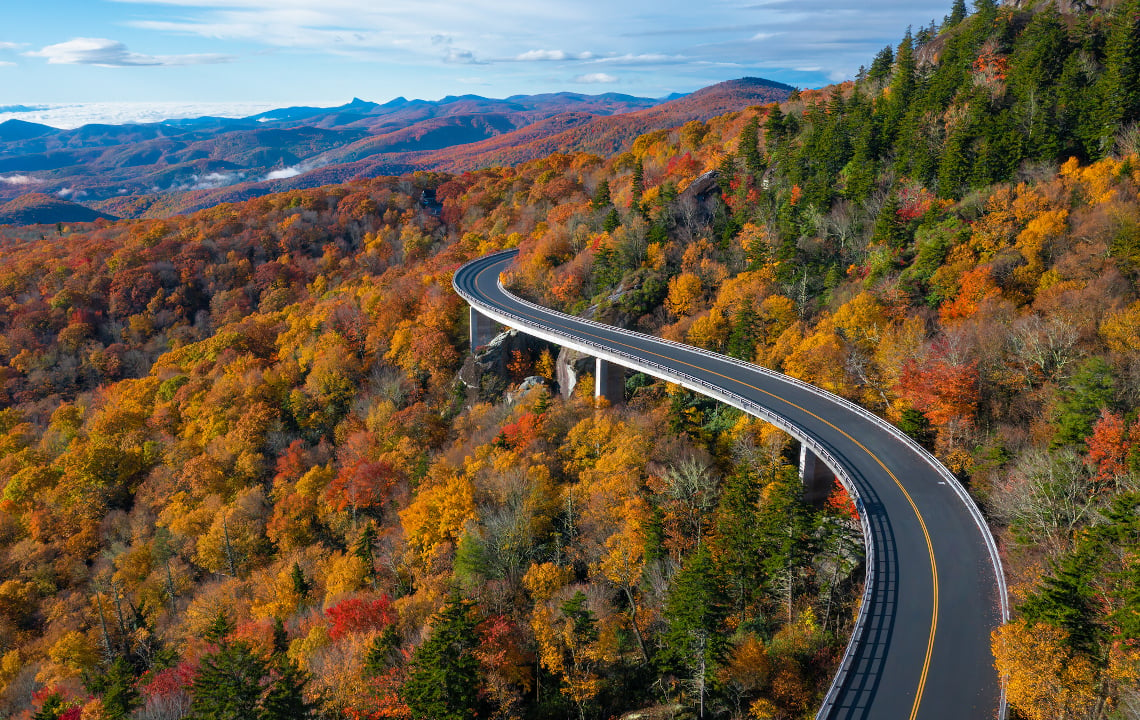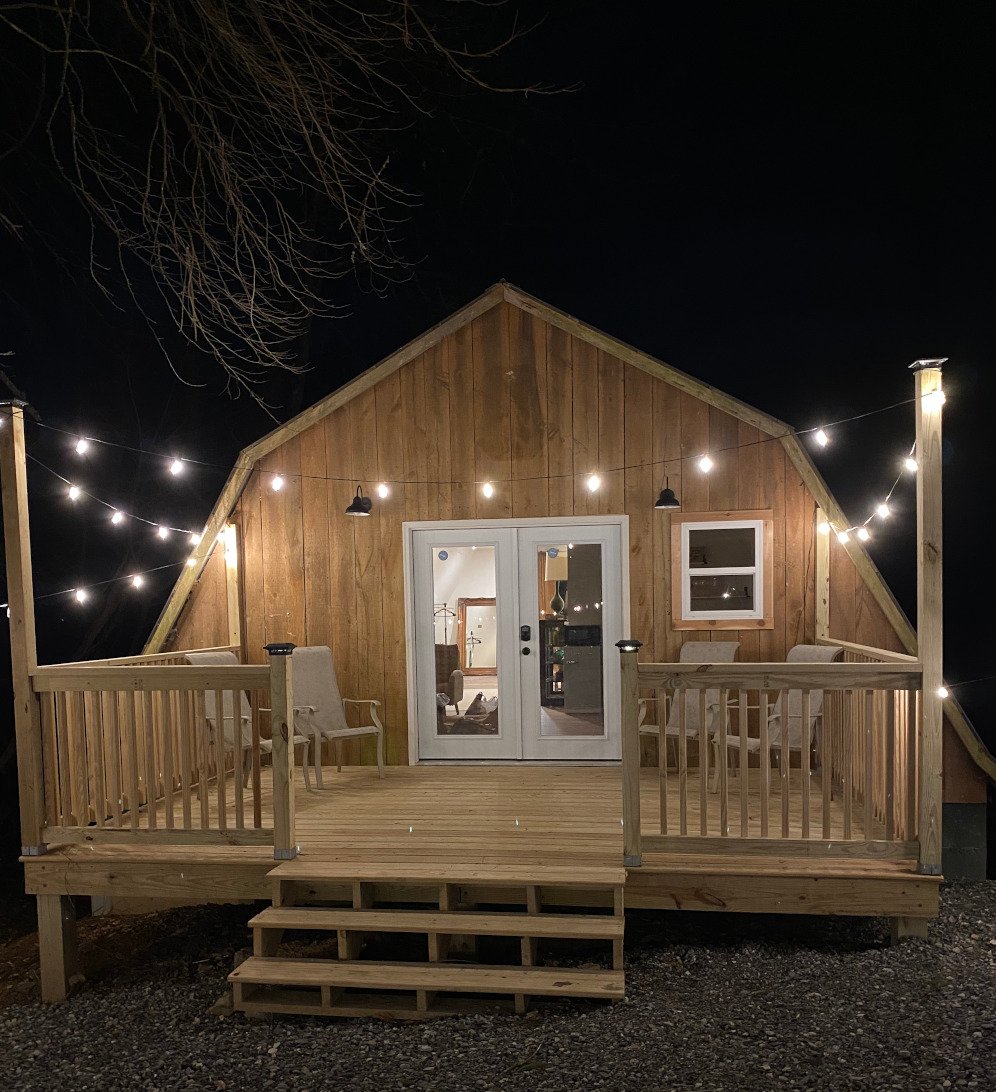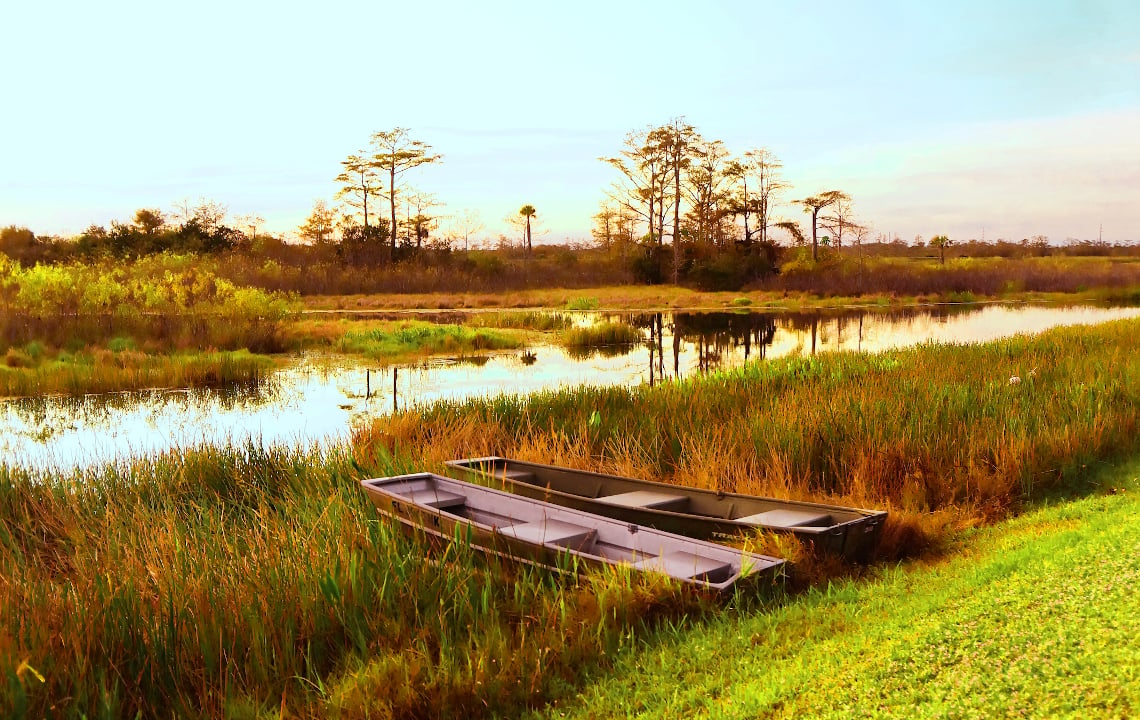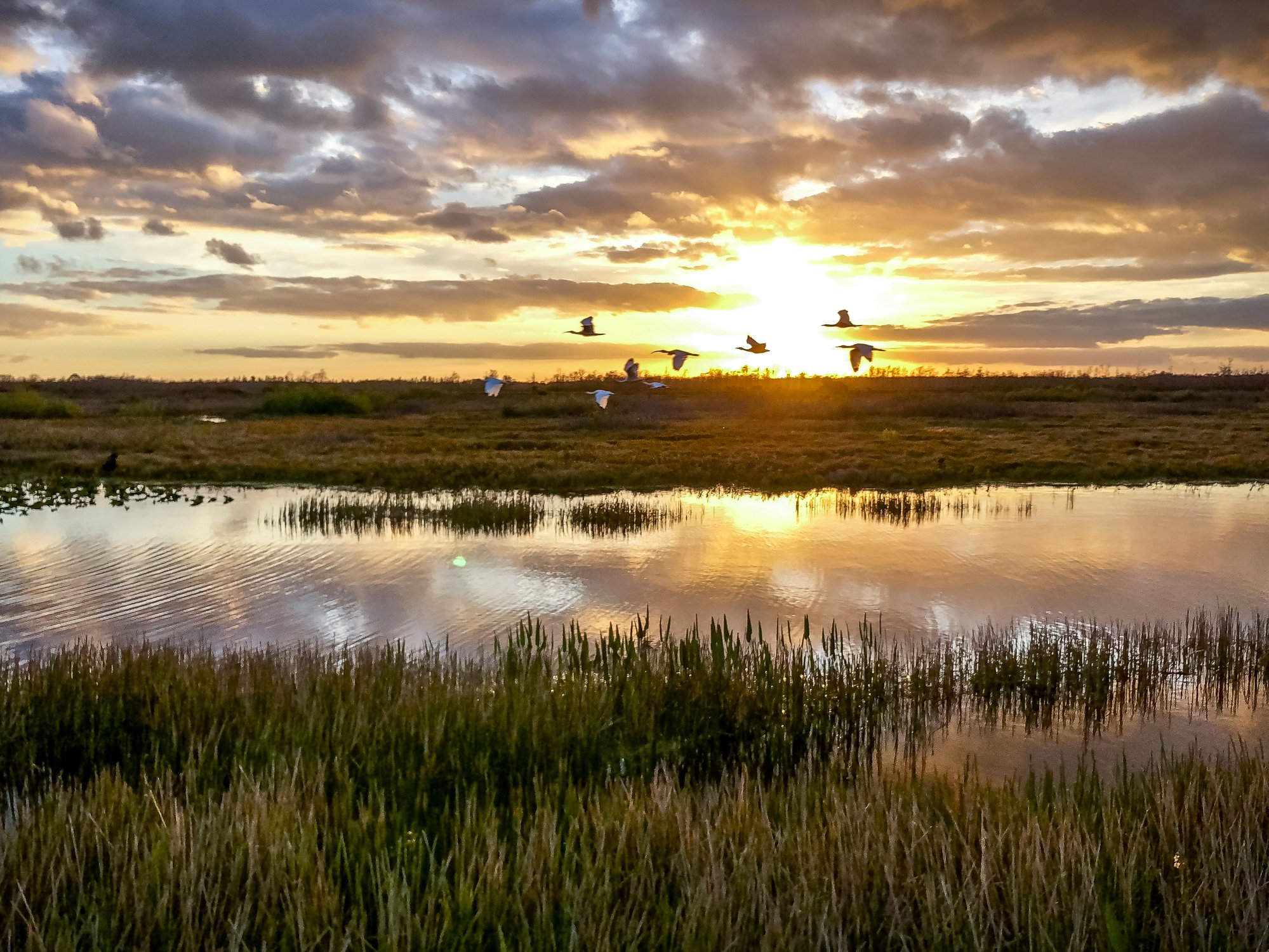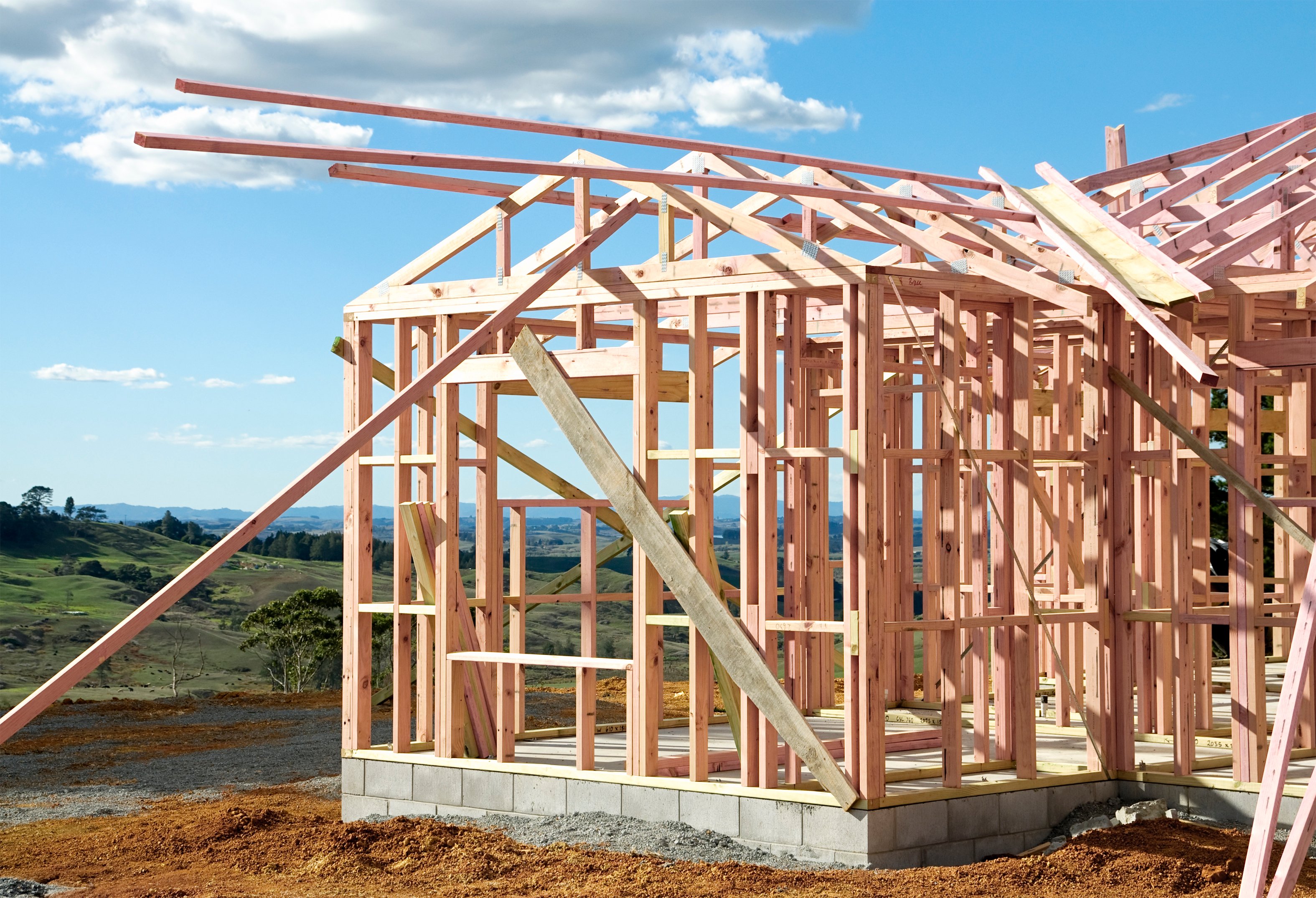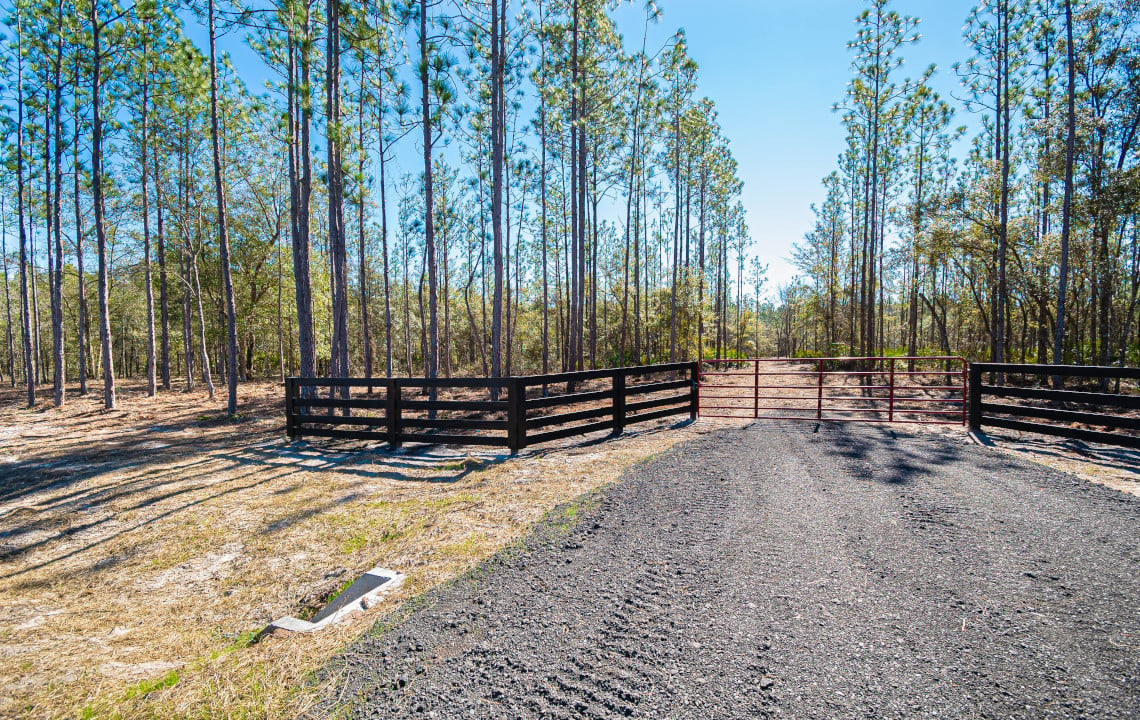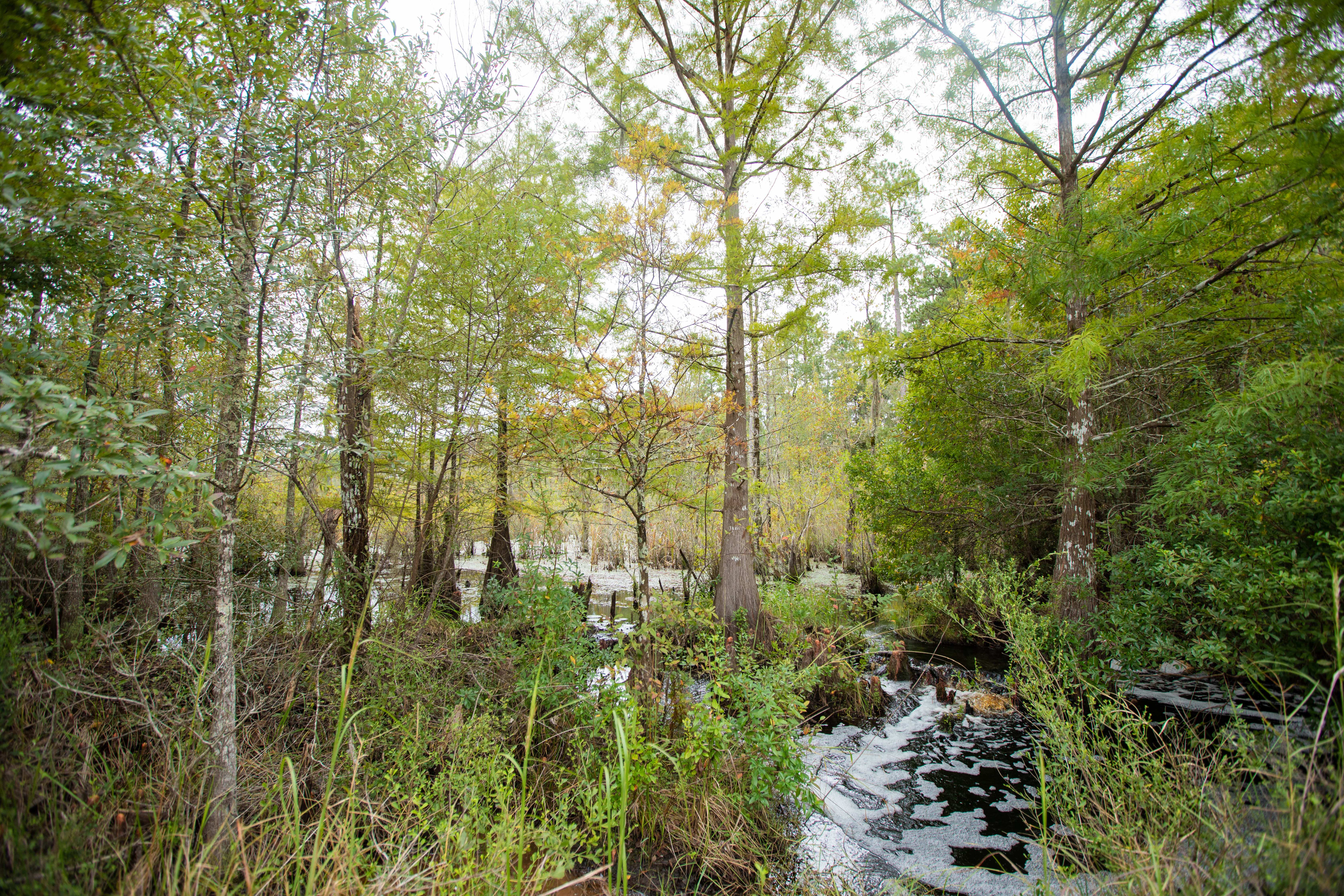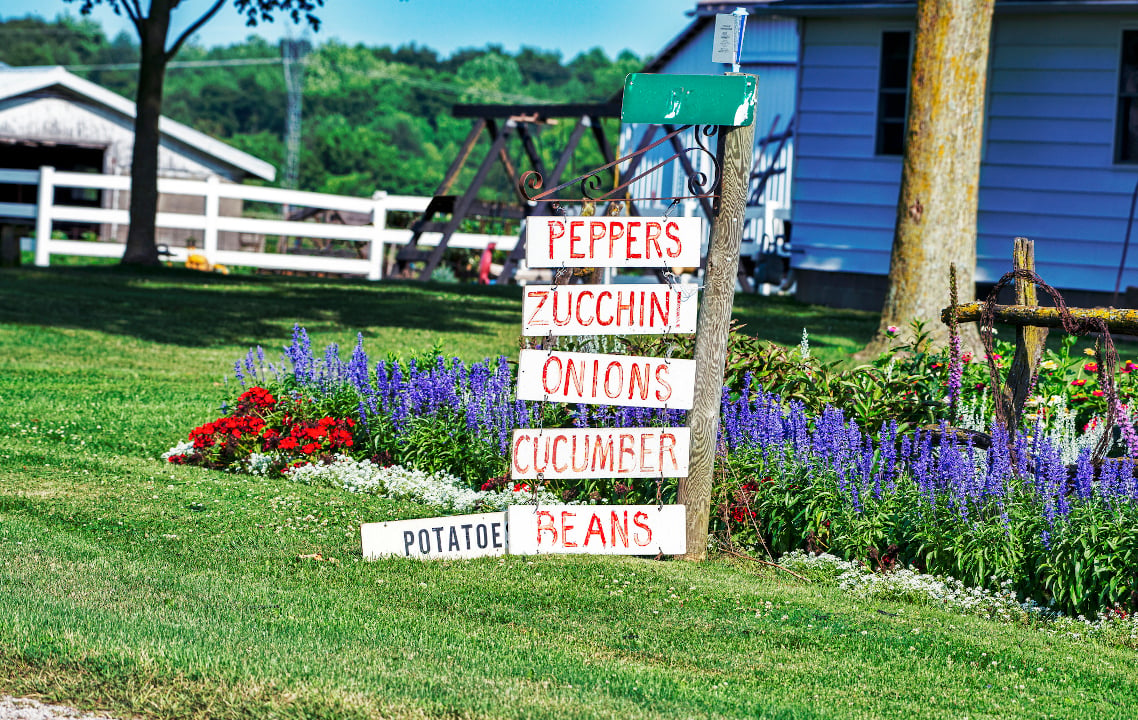Wait! Before you buy that land, make sure you’ve done your homework. Here are five key questions to ask, and how to find the answers.
1) WHAT RESTRICTIONS AND/OR ZONING ORDINANCES APPLY TO THE PROPERTY?
Determine legal uses on the parcel you’re considering: Is it zoned agricultural, residential, commercial? Each of those classifications will determine what you can and can't do on the property. Municipalities occasionally change their communities' zoning to reflect what they want to direct the land to become in future years. Even if the seller provides you with zoning information, verify it yourself with the local governing agency (in the town or county where it’s located) to ensure you have the most up to date information. You’ll also want to make sure your intended use for the property is within state and federal guidelines. If the property's zoning doesn't fit your intentions, you may be able to apply for a zoning variance - an exception to the rules - with the local governing body, but check into it before you buy.
2) What percentage of the rural property can be built on, and where on the property are the buildable portions?
A large piece of property may have limited use depending on what portion of the land is buildable. There could be issues with the soil, wetlands, and other physical conditions of the land. In addition, the local governing agency may have specific requirements about setbacks or environmental impact mitigation. Contact the county or city planning department responsible for the area the property is located in to find out what would be required to build what you intend to construct on that property. If wetlands are concerned, hire a competent wetlands consultant to review the property.
3) What utilities are available on the property?
Before you sign on the dotted line, find out whether you will have a choice of well or municipal water; sewer or septic; and electricity. Access to these amenities can sometimes be more limited in rural areas, so it’s important to determine what options are available.
4) Where are the property’s boundaries?
Even a few feet can make a major difference in the features and value of a parcel. No matter if the outer edges of the property are distant from the portion you plan to build and live on, boundaries are important (for you and your neighbors). Hire a surveyor to determine exactly where the property line ends, and clearly mark the boundary so you’ll know what belongs to you if you move forward with the purchase.
5) How is the property accessed? Are there any easements on the property?
Find out if you can access the property on a county or state-maintained road, if it's on a seasonal dirt road, or if you have to share an access with a neighbor. In addition, find out if a neighbor will need to use the land to access their property. You may be the landowner, but you could be required to allow the neighbor to access his or her property by crossing yours. This is not uncommon in rural areas, where official roadways may not reach every property. Utility companies and the local governing agency may also hold easements.
Are you ready to begin your search for country land? Raydient Places + Properties features properties for sale throughout the South in Florida, Georgia and Texas at RaydientPlaces.com.


